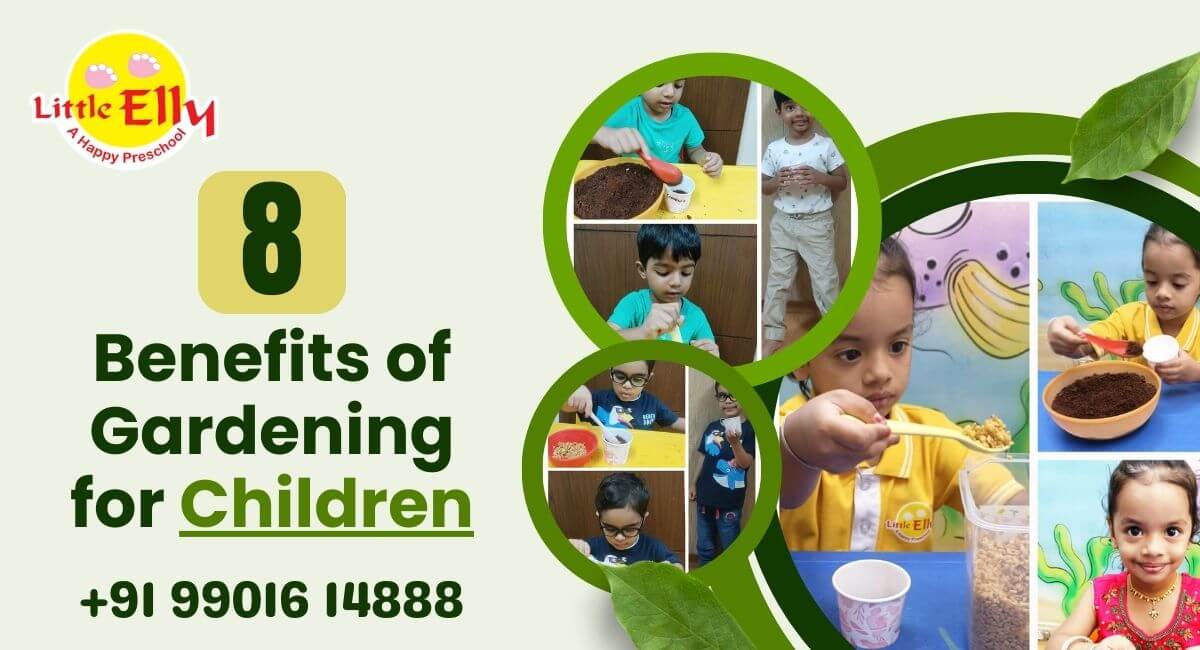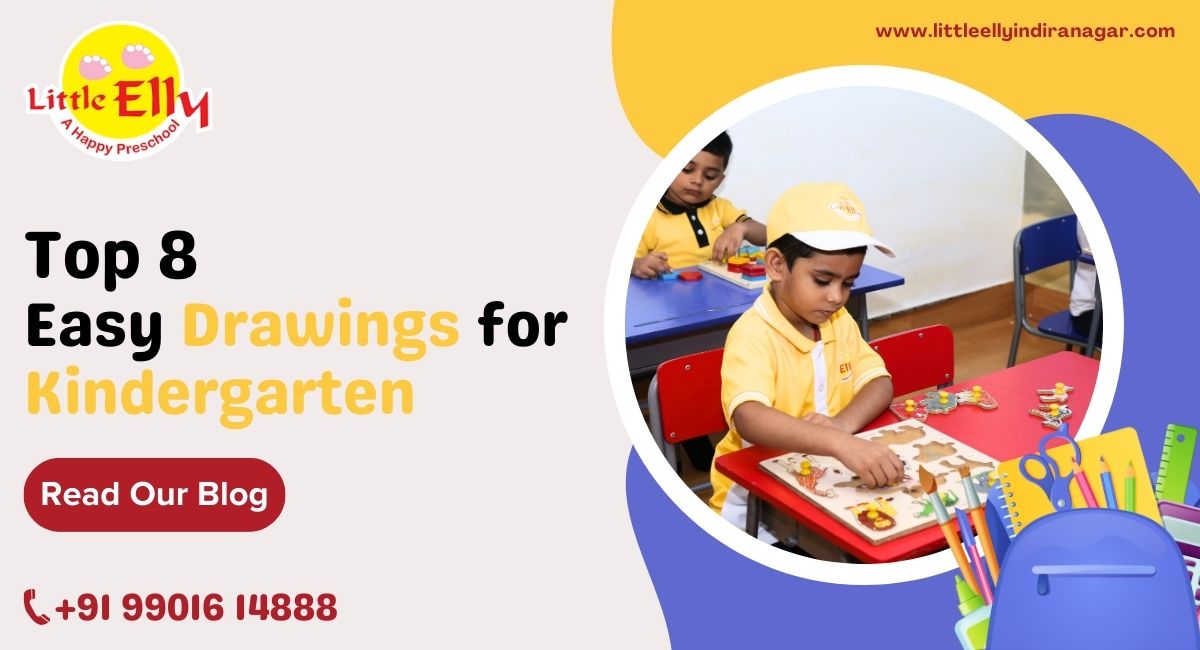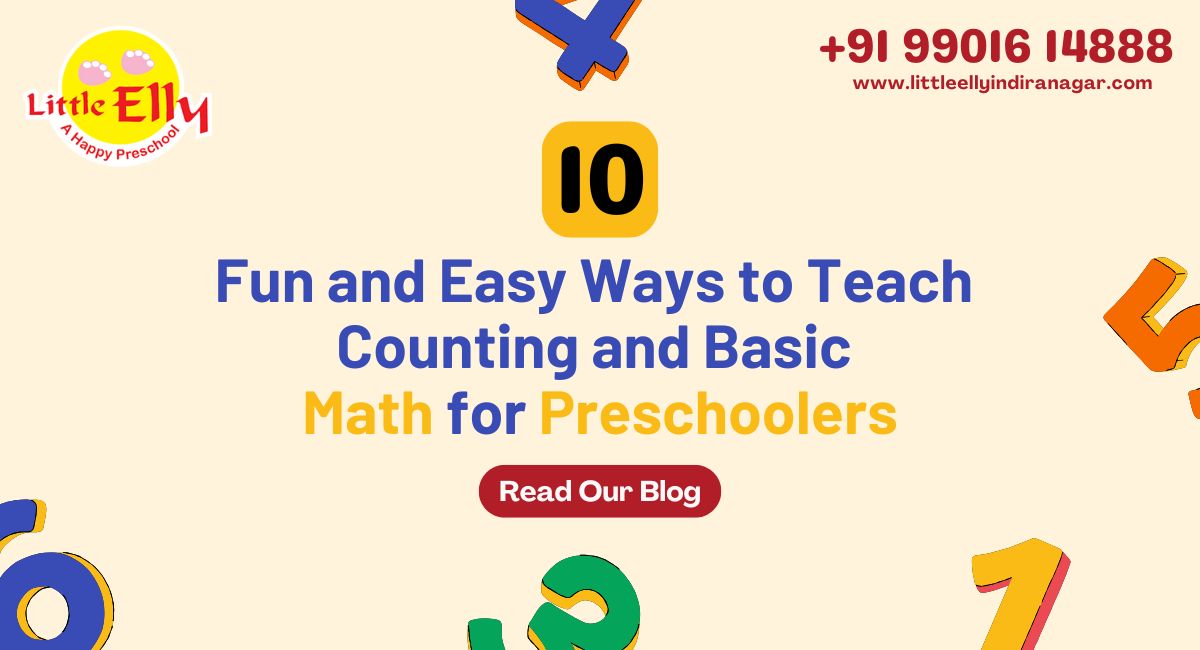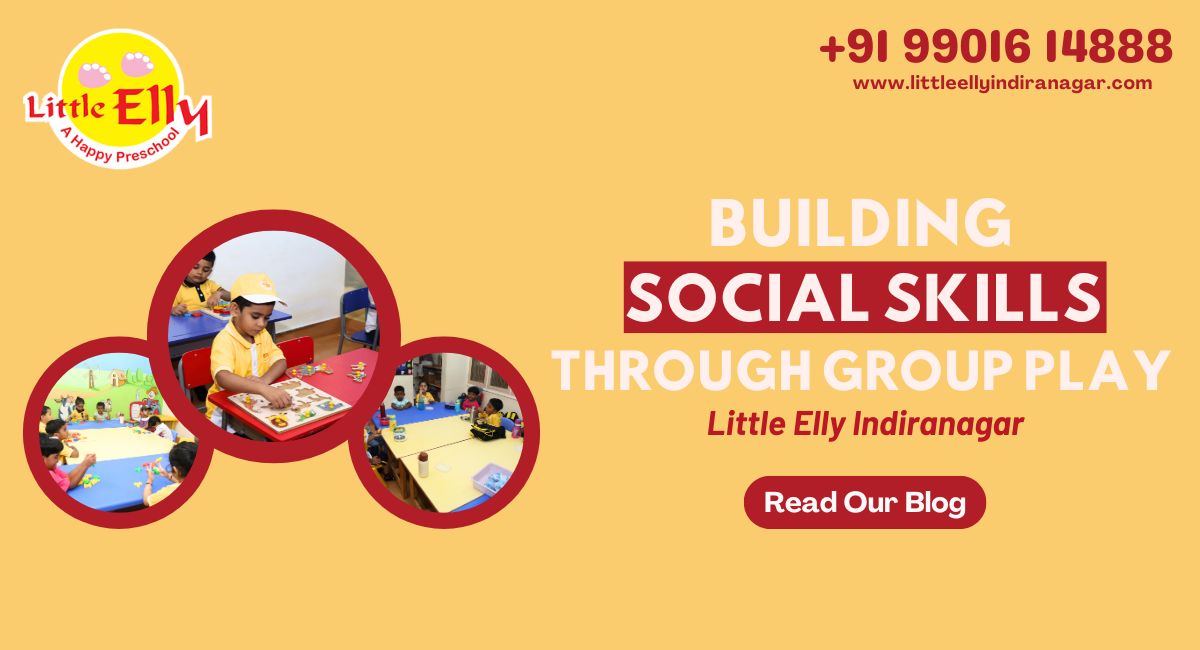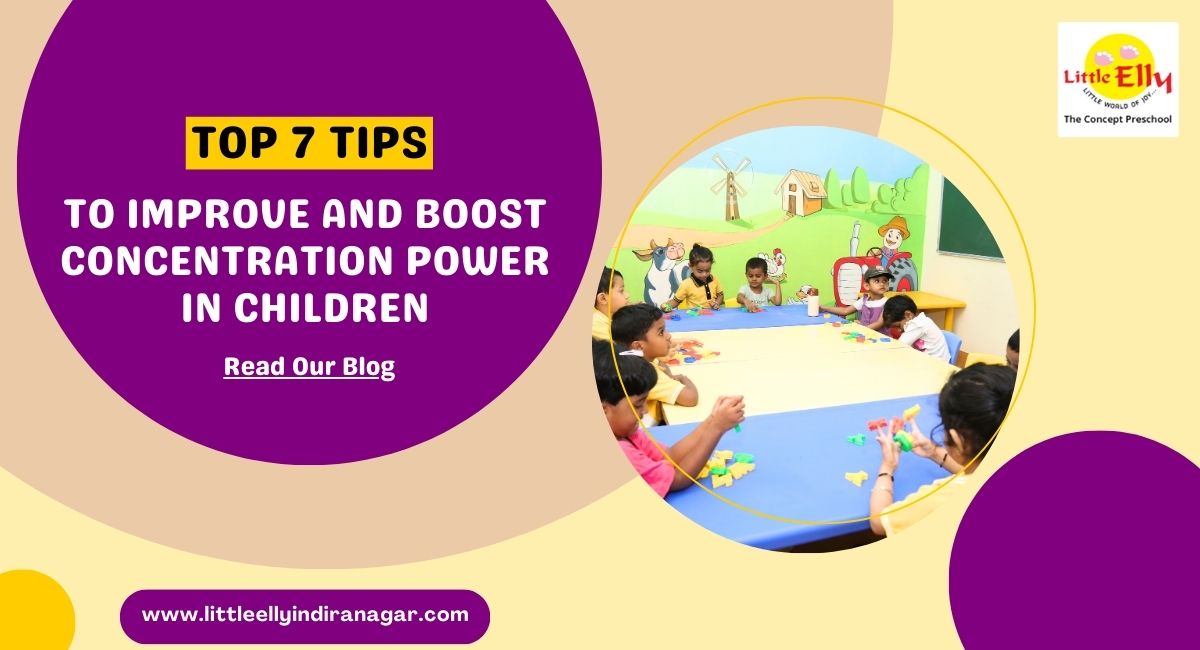10 Practical Ways to Support Your Child's Learning at Home

Table of content
Introduction
10 Ways to support your child’s learning at home
- Intentional Teaching
- Prioritize Learning Time
- Be a Role Model for Learning
- Regulate Screen Time
- Choose Toys Wisely
- Create a Gift List
- Make Learning Engaging
- Let Go of Your Ego
- Support Your Child
- Father's Role in Child Education
Conclusion
Introduction
When it comes to your child's learning, remember this: education begins at home. More than 80% of a child's brain develops by age five, which means these early years are critical for shaping how they learn and grow. So, how can you ensure you're giving your little one the best start? Here are ten practical and fun ways to support your child's learning at home. Moreover, don't worry; we will keep things light-hearted—after all, parenting is serious business, but it should also be enjoyable!
1. Intentional Teaching
First things first: be intentional about what your child learns. Getting caught up in the hustle and bustle is easy, but setting aside time each day to focus on learning can make a big difference. Whether reading bedtime stories for kids or exploring new words, being intentional will help your child's mind grow. For example, turning everyday chores into learning moments—like counting the steps to the bedroom or naming fruits at the grocery store—can make a difference.
2. Prioritize Learning Time
Yes, we know your schedule is packed. However, making time for learning does not have to mean study hours. Simple things like a bedtime story, a quick puzzle, or a few minutes of counting can be squeezed into any day. Think of it like sneaking veggies into a meal—your child will not even realize they are learning, but they will be soaking up knowledge!
Pro tip: Consistency is key. A little time every day adds up to big results over the years.
3. Be a Role Model for Learning
Kids learn by watching; they want to join in if they see you excited about learning. So, grab that book, show your curiosity, and explore new things together. They will naturally want to do the same when they see you reading or solving puzzles. It is no secret that children mimic what they see, so why not let them see you as a lifelong learner? After all, if you are pretending to be the smartest in the room, you had better read up!
4. Regulate Screen Time
Reduce TV time for children. Yes, using the TV as a babysitter is tempting, especially when you need a break. However, too much screen time can distract from learning. Instead, offer alternatives like creative toys and puzzles for kids. You could even make a game out of it: "Let us see who can build the highest tower without it falling!" It is fun, interactive, and a great way to learn.
For more tips on finding the right balance, check out our blog on The Impact of Play Schools on Your Child's Development.
5. Choose Toys Wisely
Not all toys are created equal. Some are great for fun but only do a little for learning. Choose creative toys and puzzles for kids that spark imagination and problem-solving. Building blocks, art supplies, and educational games are fun and encourage thinking and creativity. Remember, the toy box is a treasure chest of learning opportunities.
6. Create a Gift List
When birthdays and holidays come around, it is easy for friends and family to get carried away with gifts. Create a gift list that includes educational toys, books, or even a membership to the local museum. This way, you are helping everyone contribute to your child's learning. It is like sneaking veggies into a meal again—only you are using the grandparents to do it this time!
7. Make Learning Engaging
Think of ways to teach through everyday activities. Cooking can be a math lesson (measuring ingredients), science (seeing what happens when you mix), and responsibility (cleaning up afterward). Let your child take the lead on small projects, and you will see their confidence grow along with their knowledge.
When is the best time to start structured learning? Please review our guide on when you should send your child to play school or kindergarten.
8. Let Go of Your Ego
Parents, it is okay to admit when you do not know something. It is a great opportunity to be a co-learner with your child. Look it up together if they ask a question you cannot answer. This shows them that learning is a lifelong process and that it is okay not to know everything. You are in this together!
9. Support Your Child
Always remember that your child is learning. Could you support your child in their journey? This does not mean doing everything for them but guiding them when needed. If they struggle with a task, encourage them. Praise their efforts, not just their achievements. This way, they learn to appreciate the focus on the learning process, not just the results.
10. Father's Role in Child Education
Lastly, remember that dads also have a vital role. Fathers' role in child education is just as important as mom's. Get involved in homework, read together, or even join in on playtime. Kids love it when both parents are engaged—it makes them feel supported and valued.
Conclusion
There you have it—ten practical ways to support your child's learning at home. Remember, the key is to create an encouraging learning environment where your child feels safe, loved, and free to explore. With a little effort and much love, you can turn everyday moments into opportunities for early childhood development. Whether through reading, playing or simply being together, your involvement makes all the difference.
Ready to give your child the best start? Join us at the best preschool in Indiranagar to learn more about creating a nurturing, educational environment for your little one.





